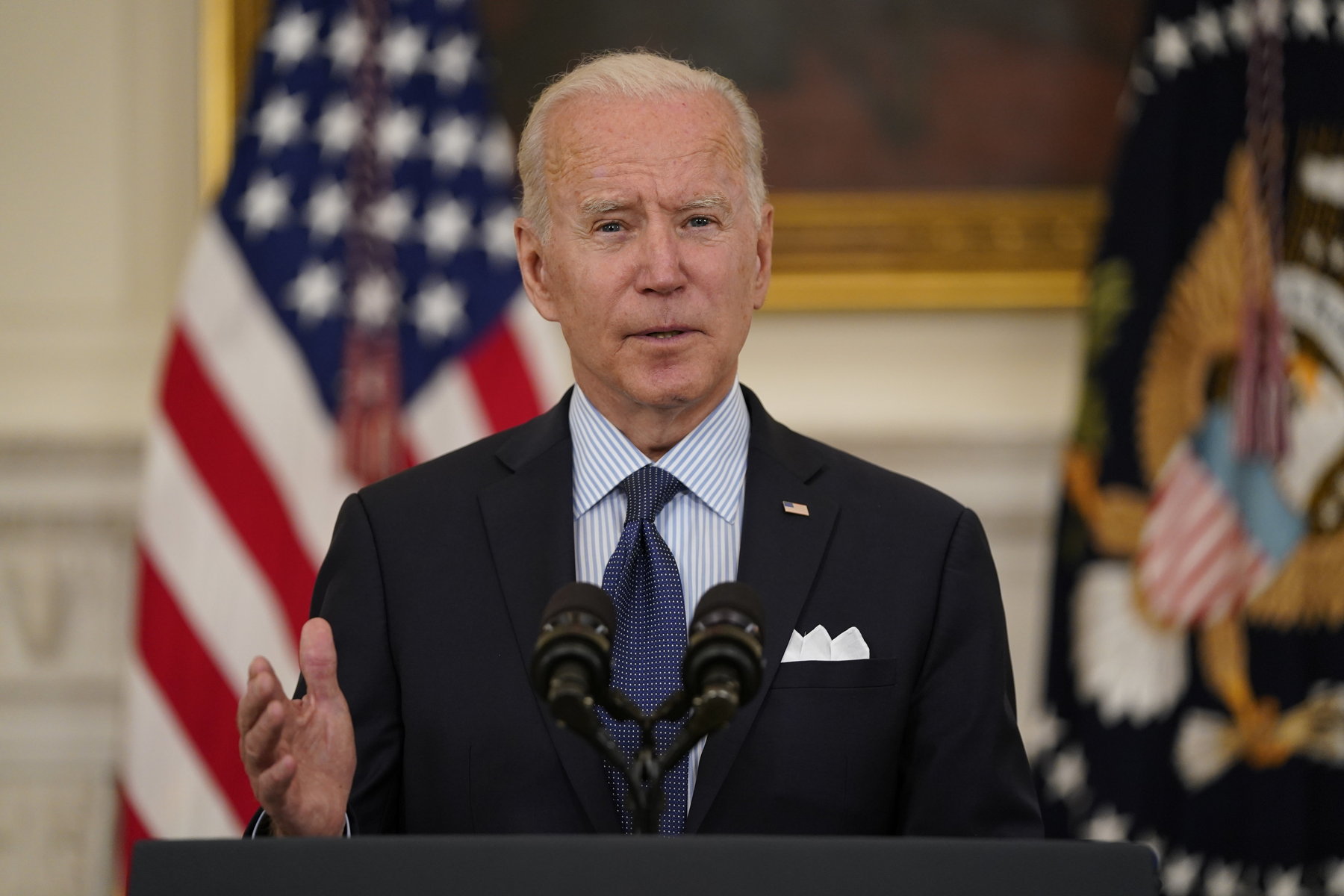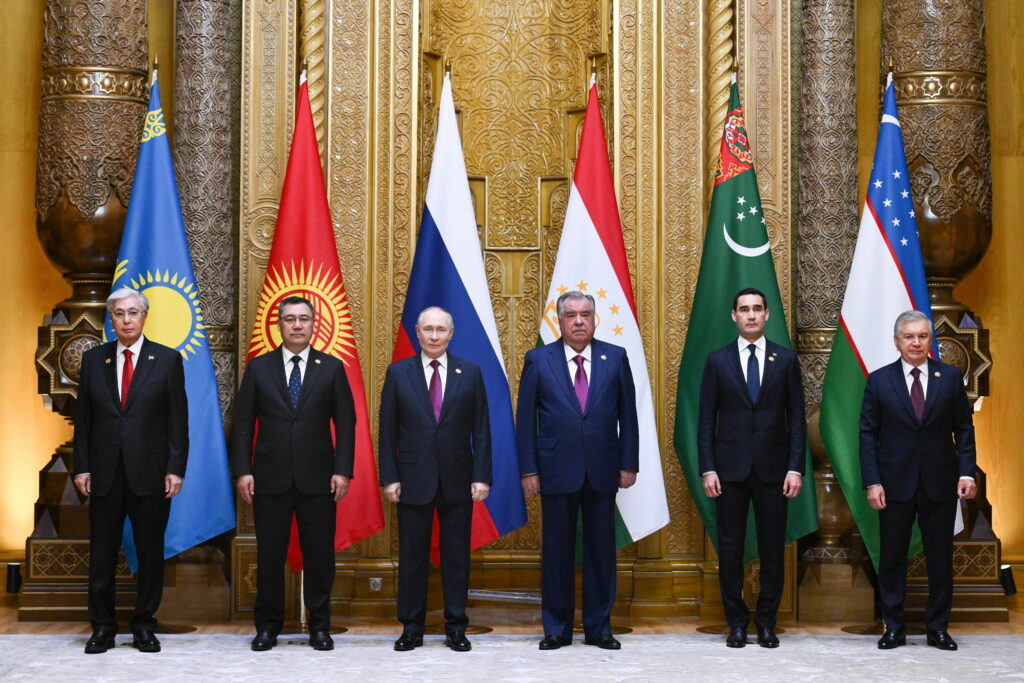As the American thriller writer Stephen King once wrote, “sooner or later, everything old is new again.” Some might say this neatly encapsulates the Biden Administration’s new Russia policy. After all, it has picked up alot where President Barack Obama left off. Then again, Biden’s team is reacting to a changed American view on Moscow, in which Russia – largely through its cyber-activities and interference in the US political process – has become a more biting thorn than at any time since the Soviet Union’s collapse. On top of this, the bipartisan American view that China is the dominant foreign policy threat is also prompting a rethink of Russia relations. So looking back at Biden’s first 100 days in office, it is clear there is a lot that is new apart from the old.
Picking up the pieces
For all the talk of former president Donald Trump and Russia, in hindsight it has to be said that he had an almost negligible impact on the bilateral relationship. His administration was constrained from doing so by Trump’s own foreign policy ignorance, by the scandals that followed his public invitation for the Kremlin to interfere in the 2016 election as it was later revealed to have done, and by how his foreign policy cadre was more conventional than some of the wing firebrands hired to overhaul some areas of domestic policy.
Trump’s roster of key foreign policy advisors ranged from H.R. McMaster to John Bolton to Brett McGurk. (All eventually left in a huff.) McGurk has a new role on Biden’s national security council. He served under Barack Obama as well, as did even Trump’s most controversial, briefest, and subsequently most disgraced foreign policy advisor, Michael Flynn. Trump’s initial National Security Council Director for Russia, Fiona Hill, is a highly respected analyst.
It appears that Trump’s foreign policy advisors constrained some of his most eyebrow-raising suggestions – such as inviting Russia to rejoin the G7/G8. However, it quickly became clear the Trump Administration had no real intent of implementing a new Russia policy, at least after a bipartisan veto-proof majority in Congress passed the Countering America’s Adversaries Through Sanctions Act (CAATSA), which he only opposed with a meek signing statement in his first months in office. The political risk Trump faced from taking any steps to seek a new Russia policy meant that his Administration largely left it off the agenda – sanctions were expanded, and on one occasion even lifted, without any apparent rhyme or reason. However, when major US allies spoke out over Russian hostilities such as the 2018 Novichok attacks in the UK, Trump did not rock the boat. He even talked tough on Nord Stream 2 towards the end of his administration, albeit largely in an effort to try and sell more American gas to Europe.
Biden in town
President Biden therefore entered office after four years in which Russia’s 2016 election interference dominated domestic discourse on Russia policy, which did not so much remain frozen but rather grew increasingly ineffectual.
It is therefore perhaps little surprise that Biden’s approach to Russia certainly has taken a page from the Obama playbook. One of his first actions was to extend the New Start that Presidents Obama and Dmitry Medvedev signed in 2010. The Biden Administration has also returned to using sanctions both as a signaling mechanism and one underpinning a reconstituted framework for deterrence. While it is arguably too early to definitively say how effective this will be – and indeed there still remains debate over the extent to which sanctions and threats of their escalation constrained the Kremlin after it launched its invasion of Ukraine in 2014 – Biden has done his best to make clear the perceived Russian threat will remain on the agenda.
This extends not only to the election interference and cyber-hacking front, but also with regards to US foreign policy positioning and support for allies. On the Administration’s 100th day in office, it was announced Secretary of State Tony Blinken is to visit Ukraine from 5-6 May. The only equivalent visit under the Trump Administration came in February 2020, after Trump’s mishandled firing of the US Ambassador in Kyiv and attempts to request political favors from President Volodymyr Zelensky resulted in his impeachment – though it subsequently appears Trump’s allies were continuing to work with controversial figures there to inflate charges of malfeasance against Biden’s son, accusations which amplified as the November 2020 election approached.
The Biden Administration’s return to the democracy agenda has received much attention, but with regards to Russia’s ‘near abroad,’ it appears to be limited to Ukraine, at least thus far. The Biden Administration has not sought to take an active role in helping reconstitute the Kyrgyz government, after 2020 saw the third revolution in Bishkek since the turn of the millennium. It was content to let the European Union mediate an agreement aimed at ending the crisis in Georgian domestic politics – a far cry from new Under Secretary of State for Political Affairs Victoria Nuland’s surreptitiously recorded comments on the EU’s role in mediating Ukraine’s 2013-2014 political crisis, which culminated in the Revolution of Dignity and Russia’s invasion in response.
Challenges continue
While the Biden Administration’s first 100 days in office give the impression of a ‘return to normal’ and the pre-Trump status quo, it appears unlikely this will last. The vacuum of leadership from the Trump Administration, combined with Trump’s hands-off approach to Russia issues, emboldened the Kremlin. It reaped the benefits of its interference not through Trump seeking a better relationship, but through the damage to America’s reputation and standing in the world from Trump’s own misgovernance.
Biden has to confront a Russia that has cemented its position in Syria, helped keep its collapsing ally in Venezuela afloat, and expanded its influence in Libya and the Central African Republic – not to mention the continued repression of its domestic opposition and sustaining of the Donbas conflict. Within days of the Biden Administration coming into office, the Kremlin signaled a willingness to become involved on the opposite side of the US in another emergent political crisis, the coup in Myanmar, where the development of democracy was one of the few foreign policy successes Obama Administration alumni could hang their hats on.
The Biden Administration faces another immediate challenge in the Nord Stream 2 pipeline, which it has taken an even more aggressive line on, but where it appears to still be weighing up sanctioning EU firms even as it inches to completion. Failure to enact sanctions halting the pipeline would be seen critically not just by Ukraine, but also from America’s eastern European NATO allies. At the same time, forcing the pipeline to a halt would set the precedent that Washington is willing to put its opposition to the Kremlin above relations with some key central and western European allies.
The Biden Administration does not appear yet to have decided to what extent it will accommodate Moscow’s expanded global footprint, nor to what extent it will push back. For example, while its hands off approach to Kyrgyzstan and Georgia could also be seen as a continuation of the Obama Administration’s retreat from an overt active political role in ex-Soviet Eurasia, the Biden Administration has also floated returning US forces to Central Asia after the expected completion of the withdrawal from Afghanistan this September – something that would surely once again by bitterly opposed by the Kremlin.
Anti-kleptocracy sanctions
New tensions are also likely to emerge from Biden’s anti-kleptocracy initiative. Furthermore, even if the new deterrence framework once again underpinning the US sanctions regime does constrain Russia in Ukraine, Russian cyber activity has continued to grow – and is increasingly perceived as a major threat in Washington. Biden has been willing to speak assertively on Russian domestic politics, which already exceeds the Obama Administration’s criticism of the 2011-2012 Russian protest crackdown. The floated nomination of Matthew Rojansky as the National Security Council’s Russia director, however, was seen by many as a willingness to recognize Russia’s status as a major power, and deal with it as such; again, this is something far beyond Obama’s dismissal of the Kremlin as a “regional power.”
So, Biden has restored many strands of the Obama-era Russia policy, but it is clear how in 2021, this is insufficient for addressing Washington’s perceived risks emanating from the Kremlin. Biden was reported to have suggested a bilateral summit in his and Putin’s 13 April phone call, from which the Kremlin has demurred, unsurprisingly given the subsequent sanctions action, but not wholly ruled out. With the first 100 days now in the rear-mirror, the proverbial ball is in Moscow’s court as to how it will respond – though US expectations, and trust in the Kremlin, are low.










